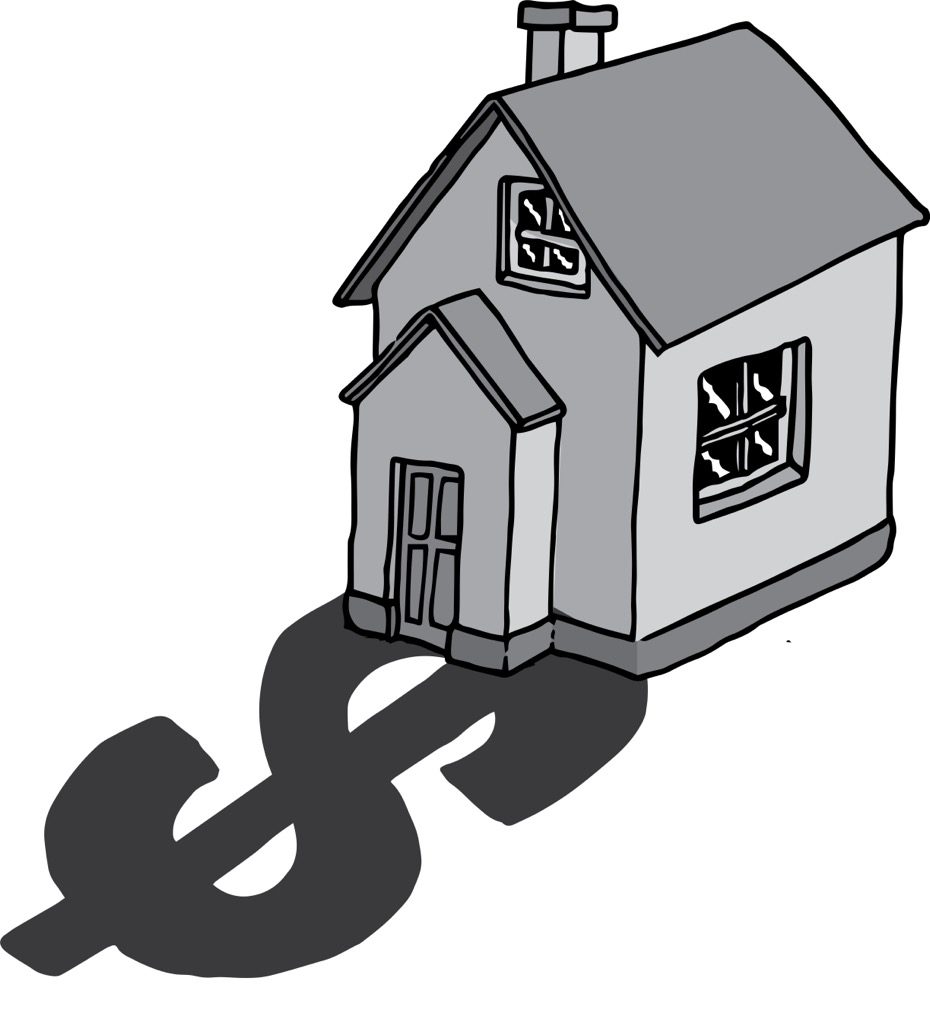
Whitman College is planning a roughly $150 rent increase to college-owned off-campus housing at the beginning of the next academic year, according to Jeff Hamrick, the College’s Vice President for Finance and Administration and Professor of Mathematics and Statistics.
While there are slight variations in the increase, Hamrick said the median change in rent will be from about $460 per month to about $600 per month.
Senior Dante Morelli lives in one of the college-owned properties. He also was an intern for the City of Walla Walla’s urban planning department and has seen housing affordability decline in the region.
“I feel that this rent increase is drastic,” Morelli said. “I just checked from last year [and] it’s about a 26 percent increase.”
Morelli is worried about the effects of the increase on the housing market of Walla Walla as a whole.
“I’m concerned about the upward pressure it would put on the people of Walla Walla,” said Morelli. “[Whitman rentals have] the lowest [price] for students, and they’re only accessible to students, so it means it keeps students out of the rent market. So if Whitman raises the rent, that means everyone around it can also raise rent.”
According to Hamrick, the College does not make a significant amount of revenue from the rental units.
“[Rental properties] run at near or just slightly better than break-even basis. It is not a profit center for the endowment, which is where we hold these properties. But when the costs go up in a way that they are actually in excess of revenues, we do need to respond to that because we can’t hold [assets that] are actually a clear net negative over a long period of time,” Hamrick said.
Hamrick pointed to the end of pandemic-era rent freezes as one reason for the size of the increase.
“We had planned for an increase in off-campus student rental properties for the academic year running 2020 through 2021. That was canceled once COVID set out,” Hamrick said. “So when I look back over the past five years, there’s really two out of those five that were frozen and so some of this is makeup for that.”
He also cited utility costs as the biggest factors in the increase, saying they had risen by about 21 percent over the last year.
“In most cases you have to pay for your own water, garbage, sewer, [electricity] and natural gas. We fold those into the costs of rental for our properties,” Hamrick said.
Dillon Crawford is the Communications Coordinator for the Walla Walla Public Works Department. Crawford noted the role of inflation in pushing up utility costs.
“The Consumer Price Index reported a 3.6% increase annually from June 2022 to June 2023 (U.S. Bureau of Labor Statistics). Utility rates in the City of Walla Walla increased at a similar rate of approximately 3 percent,” said Crawford. “Utility rate increases directly correlated with the increased cost of operations and materials. For example, one area the City of Walla Walla experienced material cost increases was with chlorine purchasing required for the water treatment plant. The price for chlorine purchases rose over 30 percent in 2023.”
The figures provided by the City cover a different period of time than those provided by the College.
Hamrick emphasized that despite the increase, off-campus college-owned housing still remains below the market price, even before the fact that utilities aren’t charged on top of rent is factored into the equation.
A major component of the College’s Upward Together campaign is to ensure more student access to on-campus housing; this includes $30 million for the College Creek Village, which is designed to accommodate 210 juniors and seniors. The College says it hopes the project will help ameliorate student challenges finding affordable housing around campus, and foster a closer campus community among juniors and seniors.
According to Hamrick, the project is slated to break ground in April of 2024, and should be completed by August of 2025.
“[It’s] a very ambitious construction schedule. It will offer, in my opinion, some of the nicest apartment-style housing in the entire region. It will be priced underneath the market as Whitman housing usually is. It will be convenient and accessible to campus,” Hamrick said.
Morelli is concerned about the interim before the housing project is complete, when he sees the possibility of an even more strained housing market.
“[The College Creek Village] development is years off, so it feels like [the College is] prematurely raising the rent. If they were going to do a thaw and unfreeze they should have done it when they had more housing stock available,” Morelli said. “The other thing Whitman College could do is when they unfreeze and have more stock available, they could open up some of these Whitman houses for normal families to live in as well.”
The rent increase is planned to go into effect in the fall of 2024.
